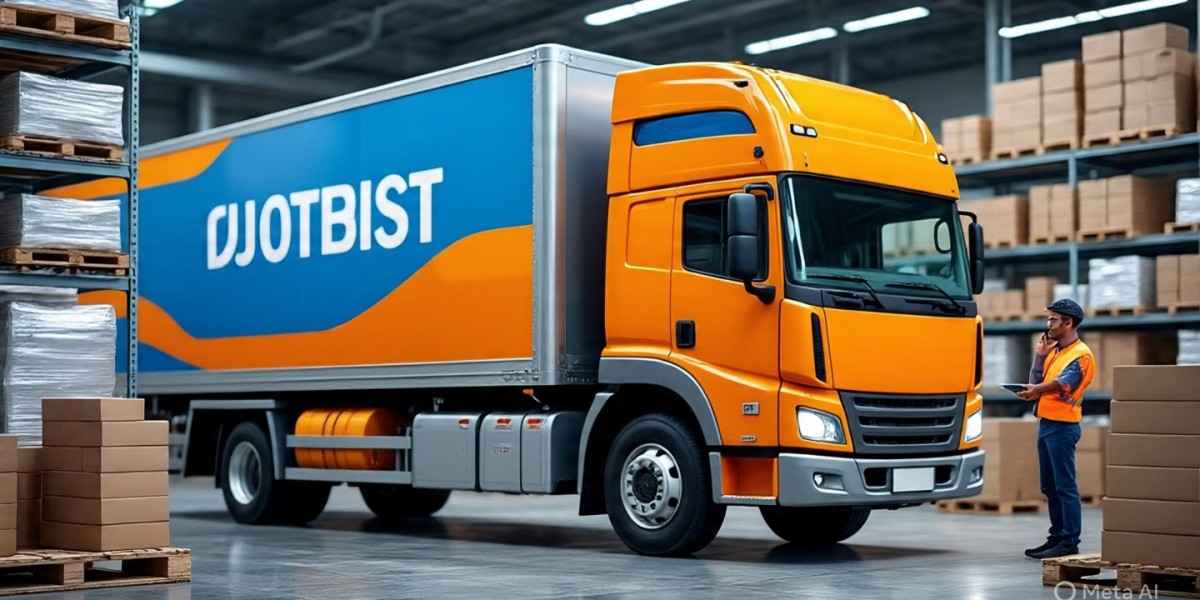For independent truck drivers and small fleet owners, managing operations can be overwhelming. That’s where freight dispatch services for owner operators come in. These services allow drivers to focus on the road while professional dispatchers handle load booking, route planning, paperwork, and negotiations with brokers and shippers. With rising competition and fluctuating freight rates, having a skilled dispatcher can make the difference between running profitably and struggling to keep your wheels moving.
What Are Freight Dispatch Services for Owner Operators?
Freight dispatch services act as a back-office support system for truck drivers and small fleets. Instead of spending hours searching for loads, negotiating rates, or dealing with endless paperwork, owner operators partner with dispatchers who manage these tasks efficiently.
A dispatcher’s job is to keep trucks moving consistently by finding the highest-paying loads, optimizing routes, and handling compliance, billing, and communication with shippers and brokers.
Key Services Provided by Freight Dispatch Companies
When partnering with a professional freight dispatch service, owner operators can expect:
Load Booking & Negotiation – Finding and securing top-paying loads.
Route Planning – Optimizing delivery schedules to save time and fuel.
Paperwork & Documentation – Handling rate confirmations, BOLs (Bill of Lading), and compliance documents.
Billing & Invoicing – Ensuring drivers get paid faster.
24/7 Support – Assistance with issues while on the road.
Detention & Lumper Handling – Managing extra fees to maximize earnings.
Back-Office Management – Reducing administrative burdens.
Benefits of Dispatch Services for Owner Operators
Working with a freight dispatch service offers several advantages:
Higher Earnings – Dispatchers negotiate better rates and avoid deadhead miles.
More Drive Time – Drivers spend less time on the phone and more time hauling loads.
Reduced Stress – Back-office tasks and load hunting are handled by professionals.
Consistent Loads – Keep trucks moving regularly without long gaps.
Scalability – Dispatch support helps small fleets grow faster.
Industry Expertise – Dispatchers know which lanes and markets pay best.
How Dispatch Services Work for Owner Operators
The process is straightforward:
Sign an Agreement – Owner operators sign a dispatch contract outlining services and fees.
Provide Authority & Documents – DOT, MC authority, insurance, and W-9 are submitted.
Load Search & Booking – Dispatchers use load boards and broker connections to find freight.
Rate Negotiation – Dispatchers secure the best possible rates.
Paperwork & Billing – All documents are managed while drivers focus on deliveries.
Payment Processing – Drivers are paid promptly without handling administrative headaches.
Typical Costs of Freight Dispatch Services
Most dispatch services for truckers charge either:
Percentage-Based Fees – 5% to 10% of the load rate.
Flat Weekly Rates – A fixed amount regardless of the number of loads.
While percentage-based fees are common, many drivers prefer flat-rate services to better predict costs.
Choosing the Right Freight Dispatch Service for Owner Operators
When selecting a dispatcher, owner operators should consider:
Experience in the Industry – Proven track record in trucking lanes.
Transparent Pricing – No hidden fees or unclear contracts.
Carrier-Focused Approach – Services designed to maximize driver profits.
Technology Integration – Use of load boards, GPS, and digital paperwork.
24/7 Support – Availability to resolve issues anytime on the road.
Reputation & Reviews – Positive feedback from other drivers.
The Role of Technology in Dispatching
Modern dispatch services leverage advanced tools to streamline operations:
Load Boards Integration – Access to thousands of loads instantly.
AI-Powered Route Optimization – Reducing fuel costs and time.
Automated Billing Systems – Faster and accurate payment processing.
Real-Time GPS Tracking – Transparency for drivers and shippers.
Future of Freight Dispatch Services
The trucking industry is evolving rapidly, and dispatch services are adapting with:
AI and Automation – Smarter load matching and pricing.
Digital Freight Marketplaces – Direct shipper-to-carrier connections.
Sustainability Solutions – Eco-friendly route planning and fuel optimization.
Driver-Centric Models – More support services designed specifically for independent truckers.
Conclusion
For owner operators, partnering with a professional freight dispatch service is more than convenience—it’s a strategic move to increase profits, save time, and grow sustainably. By outsourcing back-office operations and load hunting, drivers can focus on what they do best: keeping trucks on the road and earning consistently. In a competitive trucking industry, the right freight dispatch partner is the key to long-term success.








